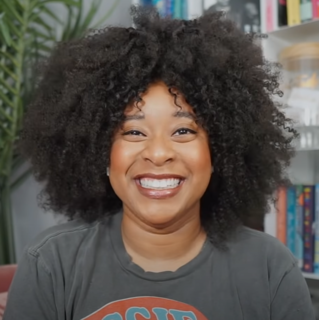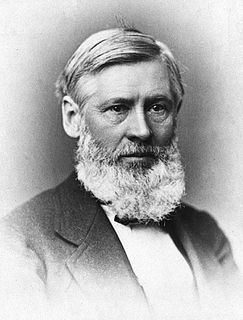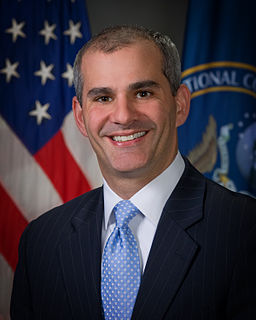A Quote by Michael Craig-Martin
In the period of '60s to the '90s, British art schools were small, and the number of student was small. The personal contact was great.
Related Quotes
When I was in Wuhan, I went to the art school, which was one of the most important art schools in China, an enormous art school. One of the things that I saw is that the schools are very big and there are so many students. It is very difficult to me to teach creative activity to great numbers of people, because I think you need personal contact with students, you need to speak individually, you need individual contact between teachers and students, you need continuity. To me this is a problem in mass education in every society now.
At the beginning of the 20th century, before the migration began, 90 percent of all African-Americans were living in the South. By the end of the Great Migration, nearly half of them were living outside the South in the great cities of the North and West. So when this migration began, you had a really small number of people who were living in the North and they were surviving as porters or domestics or preachers - some had risen to levels of professional jobs - but they were, in some ways, protected because they were so small.
My art in the last period has all been in small format, but my paintings have become even deeper and more spiritual, speaking truly through colour. Feeling that because of my illness I would not be able to paint very much longer, I worked like a man obsessed on these little 'Meditations' (a long series of small paintings he made during the last years of his life, with as main motif the schema of a face, ed.). And now I leave these small but, to me, important works to the future and to people who love art.
You've got a huge American population, you've got a small, small, small subset that is radicalized, and you have an even smaller subset that actually takes action. And you can't cover everyone who has some contact, someone bad. What you need is offense overseas, defense at home with intelligence and law enforcement, and really deep engagement with these communities.







































